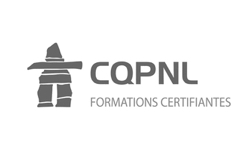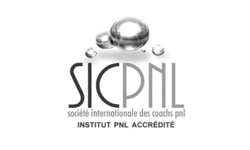All our training sessions are tailor-made to the customer’s context, needs, aspirations and logistics.
If necessary, there will be facilitation or co-facilitation by one/others of the discipline concerned.
Towards a more efficient, more inclusive and more human organization…
Note: The life partner of each participant is invited to participate to the training session free of charge.
Participants will acquire tools to help them gain insight and better take charge of the changes caused by their retirement in order to get the most fulfilling and enjoying retirement life as possible.
Note: The life partner of each participant is invited to participate to the training session free of charge.
OBJECTIVES:
OBJECTIVES:
1. A thorough and reassuring process:
Become aware of your current financial situation and the optimal (desired) financial situation for your retirement.
Take charge of the actions necessary to reach your optimal (desired) financial situation for your retirement.
Retirement Planning Approach
Employer's plan
Public pension plans
Succession planning
Financial planning
By a Financial Planner attached to no financial product.
Our services :
Hydro-Québec
« The training offered by the consulting group Ma Gestion and above all, its mediator-trainer Gilles Picard, has succeeded! He helped our team regain the harmony, collaboration and pride of working in a “win-win” way for all. This training, which changed my life and that of the members of the team, allowed us to understand and grasp the differences between everyone so as to accept the individuals as they are. The results were instantaneous and a significant increase in productivity was noted. This training had a direct and positive impact on my life, both professional and personal. Thank you to the team at Groupe conseil Ma Gestion inc. and especially to Gilles Picard. »
Please do not hesitate to communicate with us! Please complete the form below or contact us at 450-441-6448.



2026 © Ma Gestion | Réalisation : Graphiste Jimmy paré